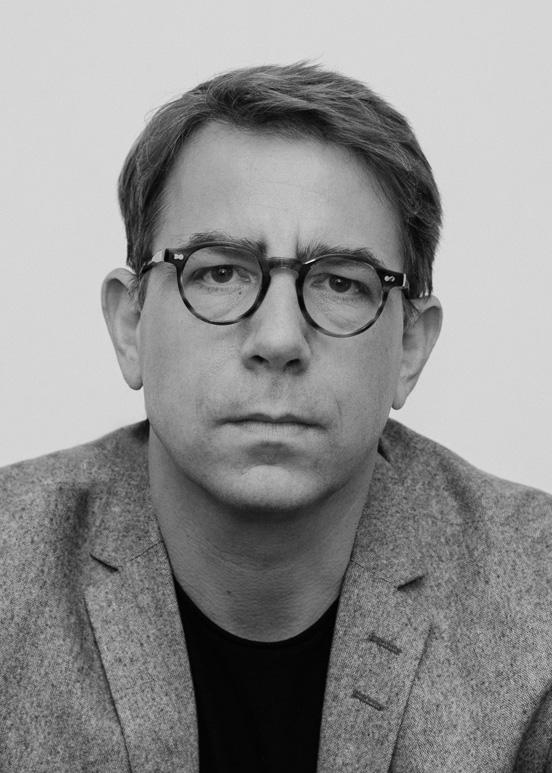
Prof. Dr. Andreas Fischer-Lescano
If contradictions are not errors of thought but are woven into the social, this has implications for understanding normativity. As a professor of public law, European law, international law and legal theory, I am interested in the question of how social contradictions are reflected in law and what forms contradiction takes in law.
The very existence of the legal category “conflict of laws” and of “conflicts of fundamental rights” make it clear that dealing with contradictions, collisions, paradoxes and antinomies is commonplace in law. With the interdisciplinary reflection on contradiction in the context of Contradiction Studies, I hope to find answers to fundamental questions of law. In jurisprudence there is classically a confrontation between systems thinking, which assumes a norm-hierarchically structured unity of law, and more pluralistically arguing approaches, which question this unity and the leges hierarchy. The jurisprudential discussions that start here concern national law, supranational Union law, and international law in equal measure. In all legal systems, the question of internal coherence and interlegal openness arises. As a rule, the theoretical debates in legal practice run along in the background, but especially as a result of the transnationalization of law, the question of how law can and should adequately deal with collisions, contradictions, and tensions (within and between orders) is becoming more acute in legal practice and legal scholarship. I welcome all project proposals from doctoral students that combine legal dogmatic questions with theoretical reflection on the contradictions of law.